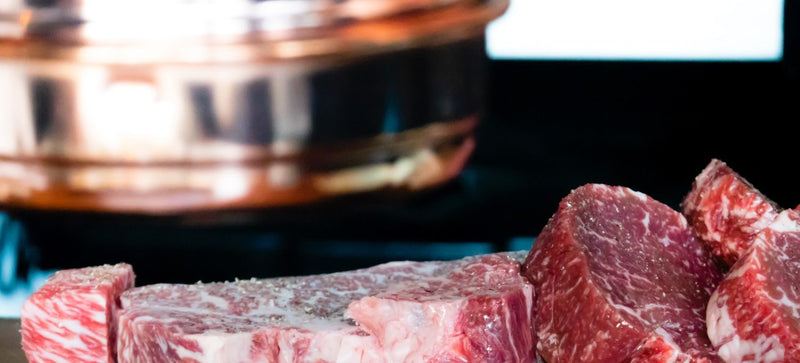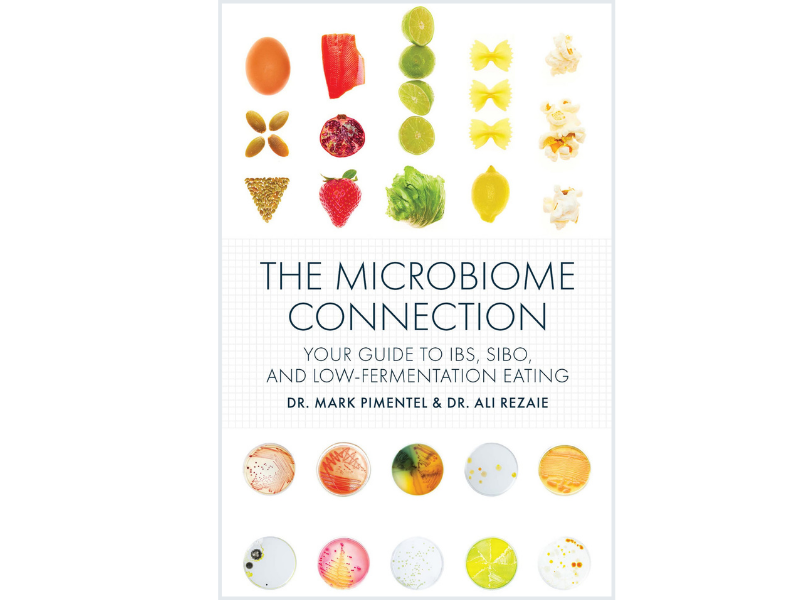
Did you know that one out of 8 of people who experience food poisoning goes on to develop irritable bowel syndrome (IBS)? The infection can introduce harmful pathogens to the microbiome and cause IBS, even many years after the infection takes place. It’s also possible that many IBS cases may be secondary to food poisoning or certain types of parasitic infections.
Food poisoning is quite common, and not all food poisoning cases later develop into IBS. Most cases of food poisoning resolve themselves in a week or two, and without the need to see a doctor.
If you get food poisoning, it may be better to treat it with antibiotics, such as rifaximin, right away rather than let it run its course. Of course, it’s best to prevent food poisoning from happening in the first place. If you never get food poisoning, then you may not develop the small intestinal bacterial overgrowth (SIBO) caused by food poisoning. This is especially important if you already have IBS or SIBO.
To minimize your risk of food poisoning, follow these tips:
- Avoid eating raw foods, such as salads at a salad bar, or raw fish, including sushi.
- Always heat your food thoroughly. Don’t eat foods that are at room temperature.
- Avoid eating from street vendors or food trucks. Their sanitation is usually different than in a restaurant. Food may be sitting out all day and be exposed to microorganisms that can cause food poisoning.
- When traveling to a developing country, avoid eating uncooked vegetables since they are often sprayed or washed with local water. Cook the vegetables and serve them hot.
- When traveling, drink brand-named bottled water, not water from the tap, and use bottled water to brush your teeth. If no bottled water is available, add iodine tablets to treat the local water beforehand. Also, avoid the use of ice cubes made from local water.
- When you bath or shower, avoid getting water in your mouth.
- Eat at restaurants that have a reputation for cleanliness and avoid those with code violations.
- If you eat poultry that has been frozen, make sure to thaw it fully before cooking it to avoid Salmonella poisoning. For the same reason, avoid eating raw eggs.
- At home, wash all fruits and vegetables thoroughly before eating. Use a non-toxic food detergent, which can be found at your local health food store.
- Peel the skins off fruit before you eat them.
- In hotels use the disposable cups rather than reusable glass cups. In some hotels reusable cups are only rinsed rather than properly washed.
If you are staying at an Airbnb, or bed-and-breakfast, take these further precautions:
- Clean the counter tops. The home owner or previous renter may have contaminated the counter tops with raw poultry.
- Clean all chopping boards, especially if they are wooden. Don’t use the same chopping board for meat and vegetables.
- Wash all sponges in the dish washer. Sponges are known to carry tons of bacteria.
- Make sure the refrigerator is working properly so food won’t spoil quickly.
- Pay attention to expiration dates on the food you buy. Expired food is more likely to contain microorganisms that lead to food poisoning.
If you plan to travel to an area that is high risk for food poisoning, we suggest that you take half of a pill of rifaximin with every meal during your trip.
About the Author
Mark L. Fuerst is an award-winning freelance health and medical writer based in Brooklyn and the author of 13 books on health topics.

The Microbiome Connection: Your Guide to IBS, SIBO and Low Fermentation Eating
A must-have resource for anyone who suffers from IBS or SIBO, or who wants to better understand their microbiome, this book will help you live a gut-happy and gut-healthy life.
